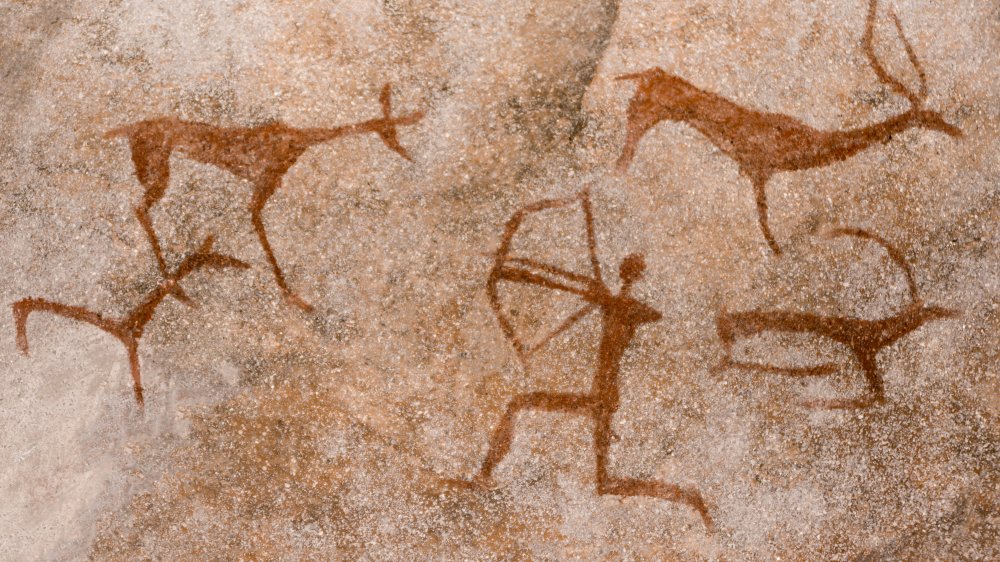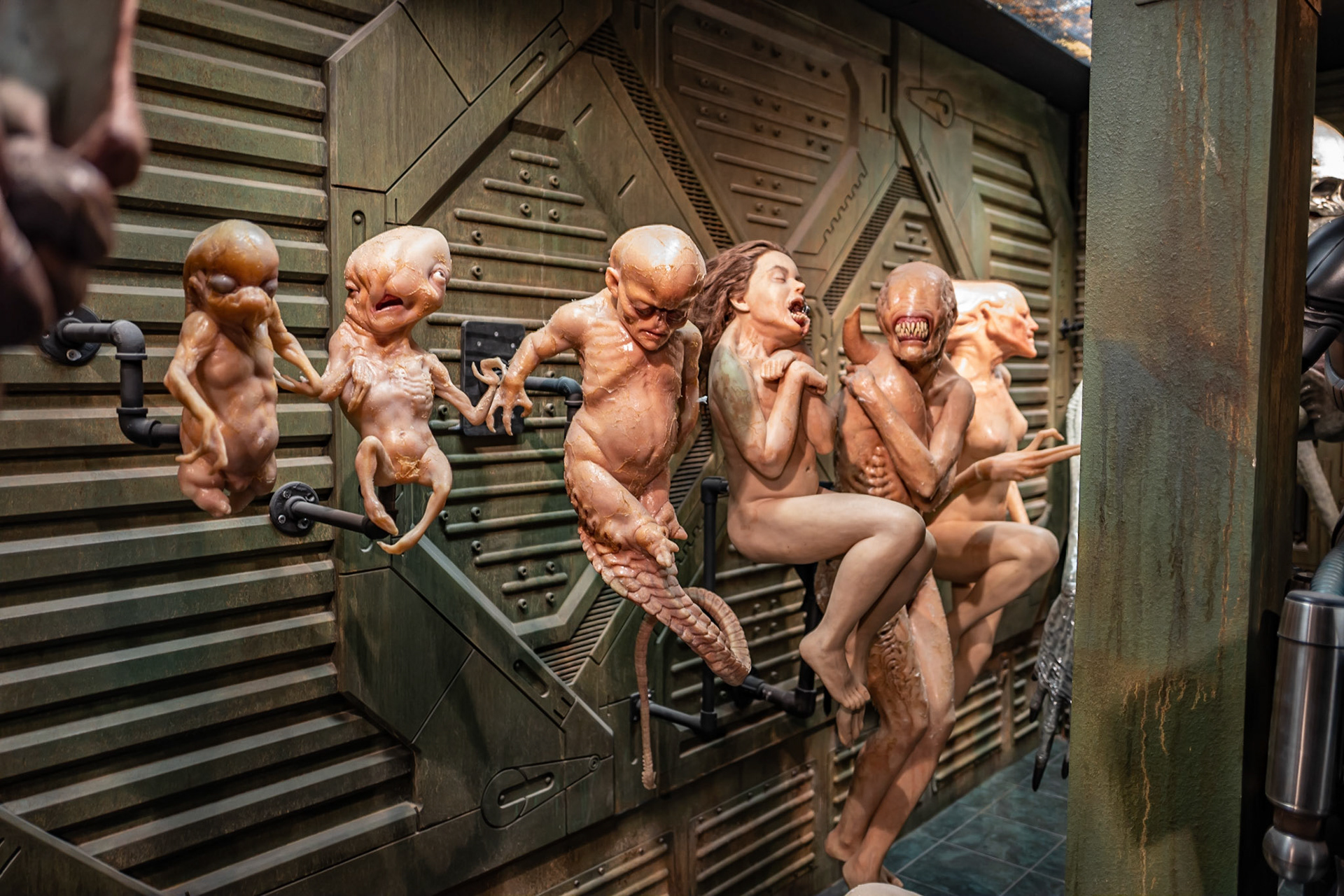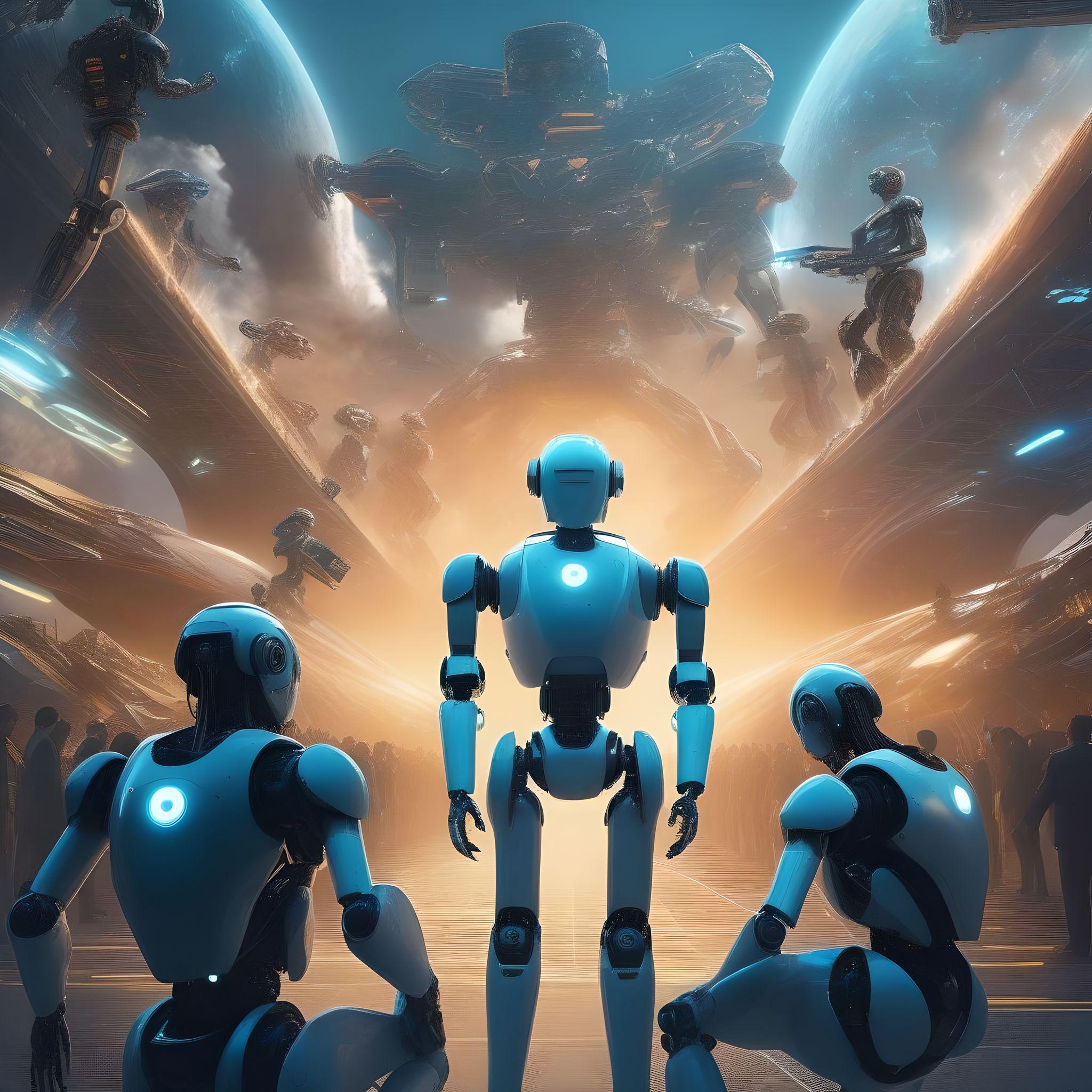
Take a tour around the world and you come across people who live by strange beliefs and faith systems alien to the many but for them. Humans are woven together into tribes, communities, societies, and even nations by traditional values and beliefs that go to build their culture and custom. This is how civilizations and cultures came about. Wars have been fought, warriors rose and fell, and empires turned to dust but the system of faith, belief, and values survived against all odds. Though science has increasing dominance on the way of life in the modern world, traditional customs, culture, values, and beliefs remain deeply entrenched and continue to guide human behavior and attitude. Now, we look at the 10 weirdest rituals performed by people around the globe which may leave you round-eyed.
‘Night Hunting’ in Bhutan

Known as Bomena in eastern parts of the Himalayan kingdom, young men looking for love and marriage set out at night for a different kind of hunt. They break into the rooms of eligible spinsters and spend the night there. If caught, they have to marry the girl, or work in her father’s fields as a punishment.
This tradition is much debated today as women are subjected to rape and an invasion of privacy.
Bullet Ant gloves of the Satere-Mawe tribe

When boys of this Amazonian tribe come of age, they must prove their manhood in a tradition that’s torturous and terrifying. The young men trap bullet ants which are then drugged by a medicine man, who places the deadly creatures in woven mitts.
It is said the sting of a bullet ant can be compared to a bullet hitting the flesh. The young men then have to wear the mitts on their hands and dance for ten minutes to take their mind of the pain. Satere-Mawe men have to go through this ritual at least 20 times in their lifetime.
Thaipusam

Celebrated by Hindus in Southern India and South East Asia, the festival of Thaipusam observes the victory of Lord Murugan over an evil spirit. Devotees pierce themselves with sharp objects through different parts of their bodies while going into a complete trance. Some even go as far as pulling vehicles with hooks pierced into their backs.
Bathroom ban after marriage

Newly married couples of the Tidong community in Indonesia are prohibited from using the washroom for three days after their marriage. Breaking the rules of the observation will bring bad luck in their married life like stillbirth and death.
Relatives of the couple supervise them over the three days after which they are bathed and may answer their calls of nature.
Penis Festival, Japan

Better known as the Kanamara Matsuri, devotees carry a large sculpture in the shape of a penis and parade through the streets of Kawasaki in Japan. It is said that a demoness with vaginal teeth seduced men to their deaths until temple priests used a metal d**k to destroy her deadly secret weapon.
Several sex workers take part in this festival to pray for good health and protection against STDs.
Consuming the dead

The Yanomami tribe who reside in the Amazon rainforest bordering Venezuela and Brazil are repelled by the idea of burying the dead. They believe that no physical trace of the body should be left in order to allow the spirit to rest in peace. The ash and bone powder obtained after the cremation is mixed into a plantain soup which is consumed by the deceased’s family.
By doing this, the Yanomami believe the soul of their lost and loved one will reside within them.
Famadihana, Madagascar

Death is a time of sorrow and silence even if it means visiting the grave of a loved one who passed away years ago. Not in the Hauts Plateaux of Madagascar though, because July and September witnesses the custom of Famadihana. The ‘turning of the dead’ involves exhuming the remains of deceased relatives and re-wrapping their bones in fresh cloth.
Relatives also take time to ask their dead ancestors for blessings and things they might need in the world of the living. While this is not spooky, it is described by many travellers as more of a party with plenty of rum to go around. Some revellers dance to tunes from the accordion along with remains of the dead.
Toddler tossing in India

In some parts of Gujarat, Maharashtra and Karnataka, toddlers are tossed from the roof of temples 15-30 feet above the ground and are caught by a blanket held out by devotees. This practice is age old and is said to bring good luck to the child. It is a traumatic ordeal for the toddler and child rights activists managed to ban it in 2011. However, devotees continued to practise it in 2012.
Tooth Filing, Bali

While most of us file our nails, Balinese men and women have their teeth filed in preparation for marriage. Smoothed teeth are symbolic of control on sinful emotions like lust, greed, anger and jealousy. These mark of a passage into adulthood, and is an extremely gruelling and painful experience.
Gerewol Festival

The pageantry of beauty and talent is something that has been used to evaluate a woman’s worth since time immemorial. However, in the Wodaabe tribe, it’s the men who have to be all prim and proper. The courtship festival known as Gerewol is where men dress up in all their finery and appear in front of the women to show them what they’ve got.
They take part in a dance competition called Yaake where the winners are chosen based on their overall good looks and dancing skills.

























